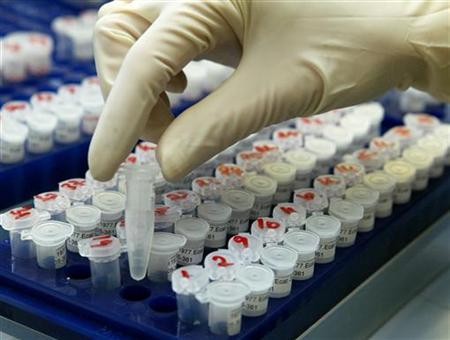The question of inherited intelligence has been a hot topic in the country since the one-child policy was lifted some years ago, but now commentators are debating about how much a mother's genetic makeup influences the intelligence of her child.
According to local reports, the debate is being inspired by an article on Sina Weibo, which says a mother's genes has three times the capacity to influence a child's IQ than the child's father's genes.
The article, which doesn't cite any scientific studies to support its claims, further asserts that while a child's mother's genetic makeup is responsible for his/her level of intelligence, the child's personality and height are primarily inherited from the father's genes.
Since the article was published, many scientists across the world have challenged it and called for some evidence to back it. Although scientists concede that the genetic makeup of parents may play a role in a child's intelligence, a lot of things remain unknown; like which particular genes are responsible for this.
Thus far, only a few gene strands that have an impact on intelligence have been identified by scientists. Experts say that a substantial part of the genes that influence intelligence must be identified before any sort of experiments can be conducted to create "genius babies."
Scientists agree that genetics plays a role in our height, skin and hair color, weight and other physical traits. But the science of genetics is not as straightforward as concluding that a child will be tall or short because both of his parents share the same characteristics--although this is mostly the case. A child's genetic makeup will depend on how the genes of his father and mother combine; i.e., which is recessive and which is dominant).
But the world may soon know more about the intricacies of genetics, thanks to an ongoing study at the Beijing Genomics Institute (BGI). The study, which is being partly funded by the Chinese government, aims to determine the genetic strands that are responsible for intelligence.
To do this, about 2,200 DNA samples from some of the world's most eminent minds are being analyzed by gene-sequencing machines. These DNA samples are being compared with other DNA samples collected from "ordinary" people. The idea is to identify the gene strands responsible for high intelligence by studying the key differences between both sets of DNA samples.
In the meantime, it is safe to dismiss the theory that men who consider themselves unintelligent should marry an intelligent woman if they want intelligent children.




























